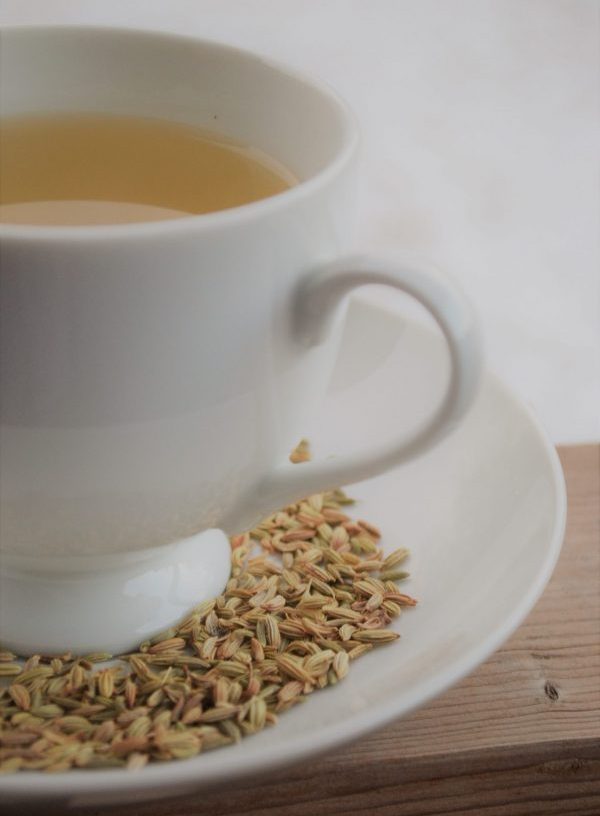Many people experience nausea (the urge to throw up, vomit, up-chuck… you get the picture) from time to time, but it’s when it’s a daily thing that goes on for several weeks or months at a time, it’s a signal of something else going on in the body.
Become a digestive detective
Start a food and symptom diary
Tracking all of your symptoms with every single thing you eat everyday can help to pinpoint when exactly you are experiencing nausea, and if there is an associated time. For example, if you are nauseous on waking, that can point to hypoglycemia, or not having enough food before bedtime. It can also suggest excessive stomach acid that may be spurting into the esophagus while sleeping, caused by foods that relax the stomach muscles and the open/close muscle (the sphincter) like wine, chocolate, and caffeine.
Rule out other causes of infection or excessive stomach acid
As nausea is a state and not an actual condition, please go to the doctor. Google medicine will only take you so far as there are many factors that can cause nausea, including H. pylori, celiac disease, food intolerances, parasites, SIBO… and self-diagnosis here will not be as helpful without the confirmation of a professional. You may have multiple things happening at once. It may be exactly what you think (or have read) or it may not! Get objective confirmation.
Choose easily digestible foods
Think warm, low gas-producing foods
This may seem obvious, but when people are nauseous they forget to eat or hydrate, and when they do eat, the food they choose may be hard on the digestive tract. Bone broths, mashed bananas, white rice, dry toast (even rice-based toast would be easier) are good starts. Additionally, protein is important, and most people can eat chicken or turkey easily if in a soup. Avoid raw, cold foods like salads and very gas-producing foods like beans, cauliflower, broccoli, or kale. Extra gas pressure can make the nausea feel more intense.
Drink tea
Peppermint, ginger, fennel, and chamomile are a few of the most calming herbs to the digestive tract that can also reduce nausea.
Increase your stress-supportive activities
Stress and worrying REALLY aggravate nausea because our body responding to adrenaline can actually prevent the digestive tract from having regular bowel movements, increasing them and creating diarrhea, or slowing everything down and causing constipation. Digestion happens when we are calm, with a part of the nervous system called the parasympathetic nervous system. Meditation, Qi Gong, swimming, running, singing, dancing can all actually support calming a stressed nervous system, which can also help with digestion.
What are your favourite treatments for nausea and digestive upset? Comment below, and share with a friend who might need this!
